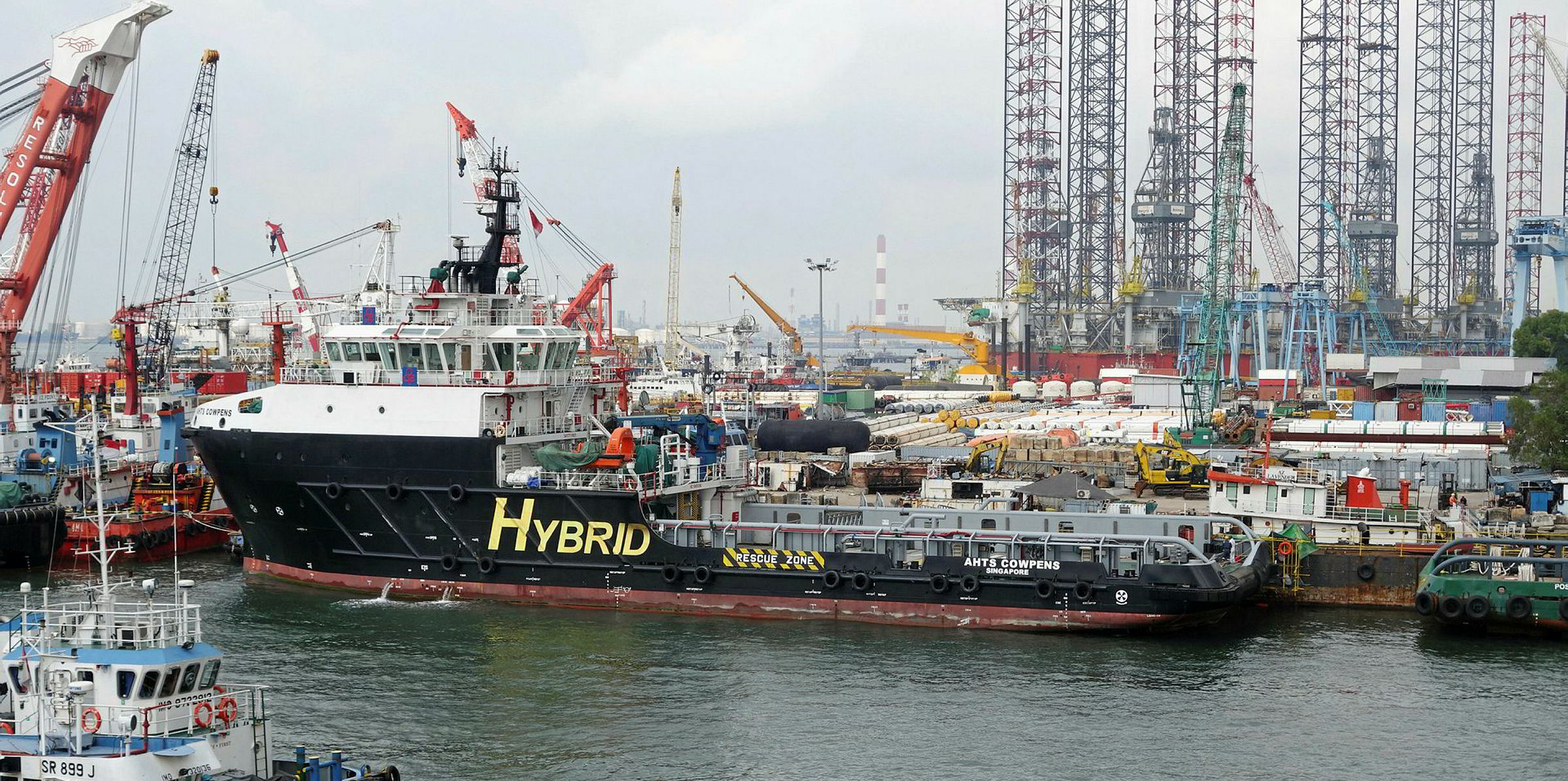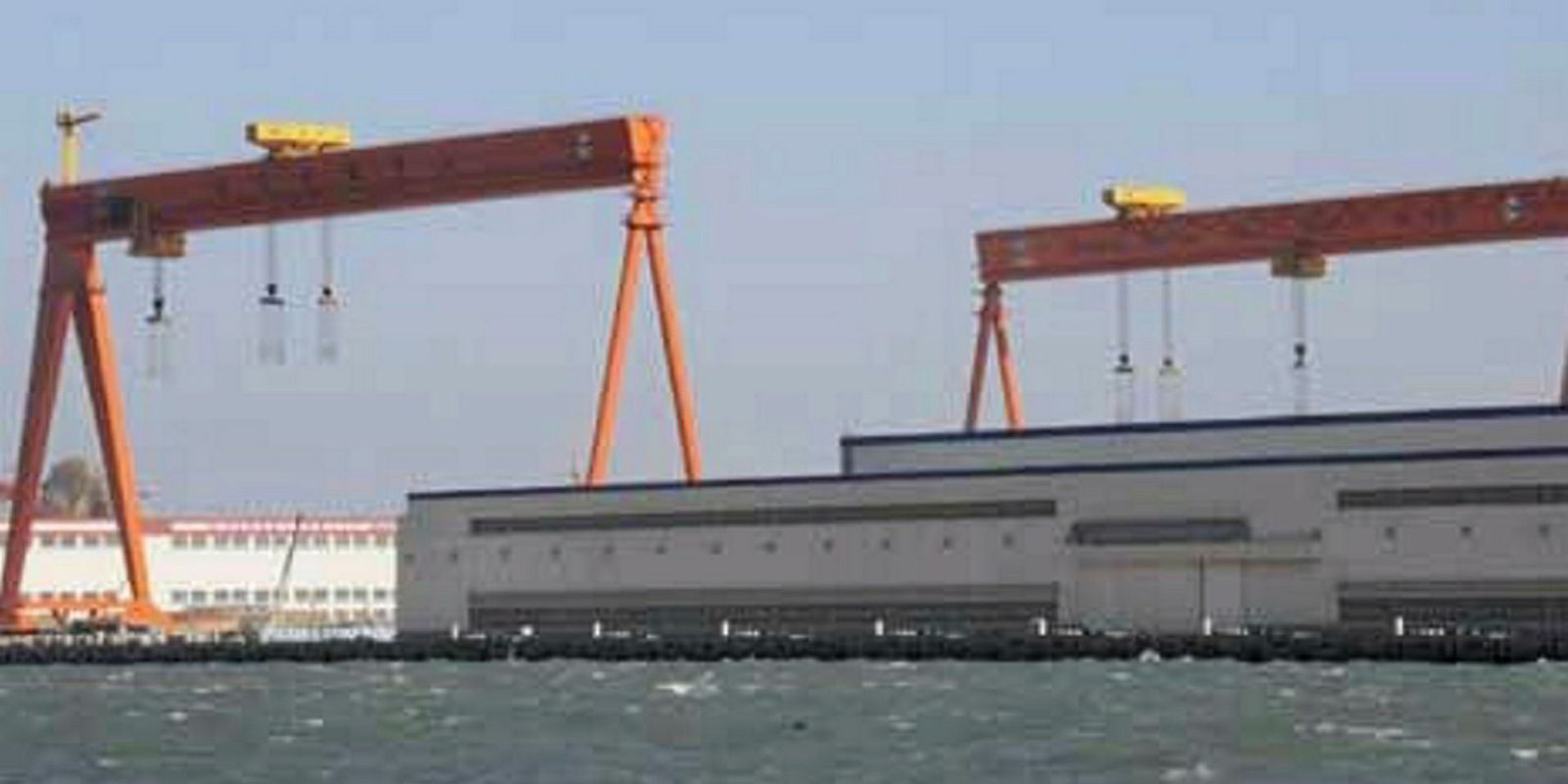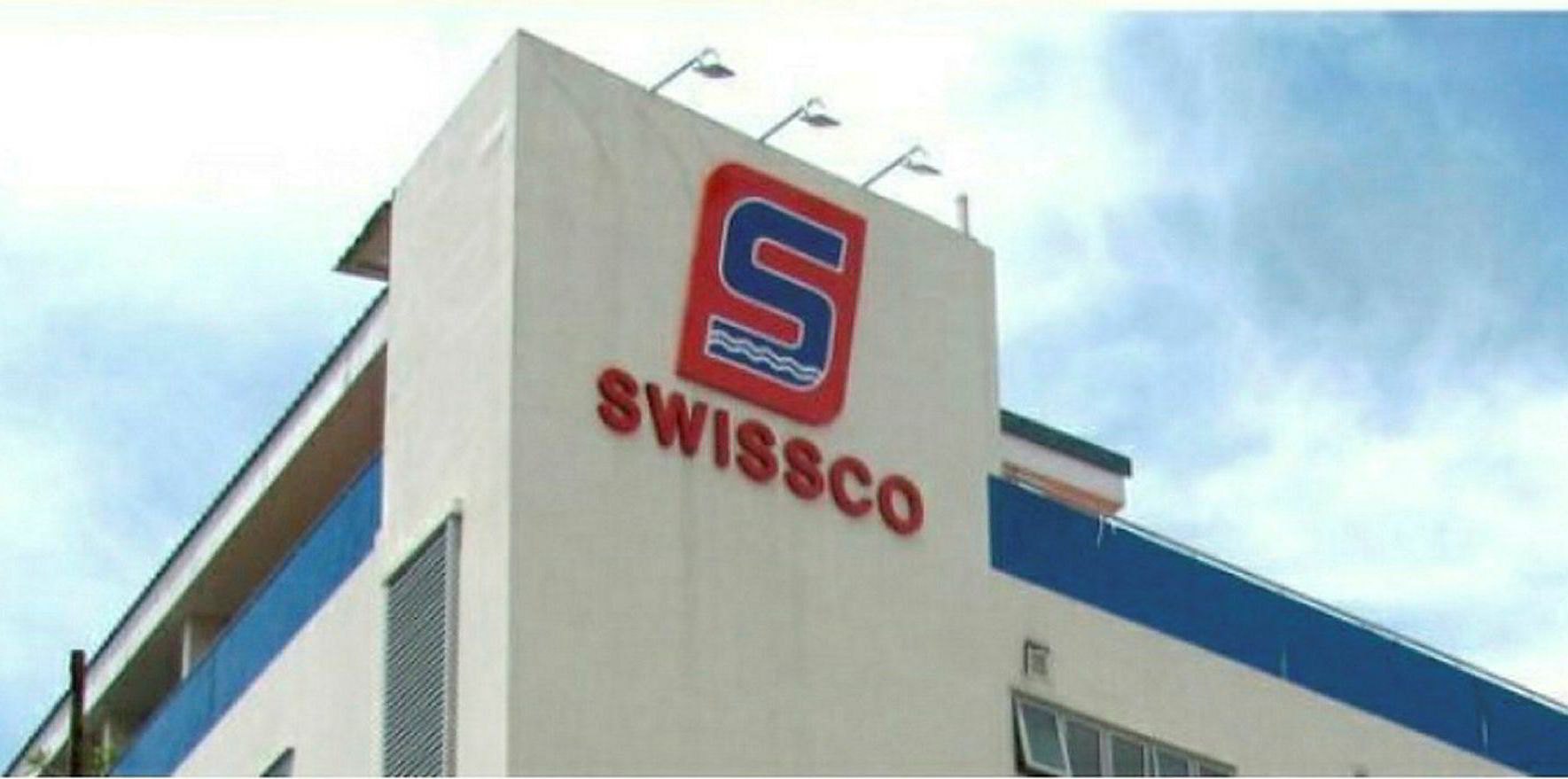The potential return of stacked "youthful" OSVs is continuing to keep a lid on the timing of the sector's recovery.
That is the view of Maritime Strategies International (MSI) analysts Gregory Brown and Ferenc Pasztor, who warned that activity levels and therefore pricing are unlikely to return to the peaks of the last cycle.
Earnings have been between $1,500 and $3,000 per day above operating costs depending on the market, but have failed to make further progress despite some seemingly positive dynamics, they added.
"The recovery has been, in part, tempered by the lingering presence of young, laid-up tonnage potentially poised to re-enter the market and cap any positive pricing momentum. Smaller boats have seen less of an upside, with a high inventory of completed hulls at Asian shipyards not helping their cause," the analysts said in a report.
"If we see more reactivations than anticipated, then our outlook for the recovery would be further negatively impacted."
MSI said ships under 15 years old are potential reactivation candidates.
Recovery being undermined?
Out of a total laid-up fleet of 1,700 anchor-handlers (AHTSs) and platform supply vessels (PSVs) - 35% of the fleet - only 490 are under 15 years old.
"We see these assets are key candidates for an imminent return should demand inflect, and their potential return continues to undermine the recovery," the analysts said.
Asia has the largest proportion of young vessels within the laid-up fleet, with more than 60% less than 15 years old.
MSI thinks they could be reactivated at short notice and at low cost.
"The market is cognisant of the dynamic, and we believe this is a key contributor to the continued weak earnings performance this year," it added.
MSI said companies like Tidewater have proactively scrapped relatively new tonnage such as the Gary Tide, a 2010-built AHTS beached just eight years into its working life.
"More examples of such a proactive approach could be required in order to diminish the impact of currently-laid up tonnage making a return," it added.
Second-hand prices struggling
MSI sees momentum in second-hand prices as being "slow and hard to come by."
"We actually believe AHTS prices could see some more movement, driven by sentiment and investors hoping to catch the last bargain before a recovery truly kicks in."
But it added: "In the case of the PSV market, the negative impact of a huge laid-up fleet means that we expect vessel prices to show less of an upside than would otherwise be forecast."
MSI concluded: "Certainly at this point in the cycle we believe it pays to be cautious.
"The recovery is too fragile to be considered solid and there are many risks to the downside," it added.
"Demand can easily evaporate – as we have seen with the deferral of drilling campaigns this year. We continue to be believe that assets on the sidelines, too youthful to be considered uncompetitive, will return to the market at the earliest possible juncture."





